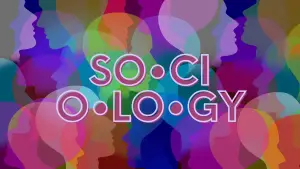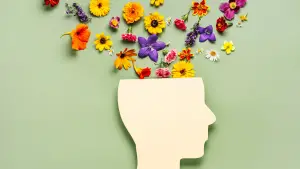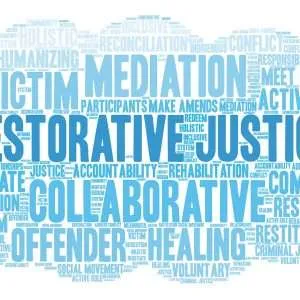Editorial Note
Thank you to our generous sponsors, Sociologists for Women in Society, Center for Equity Education, American Sociological Association’s Section on Sociological Practice & Public Sociology, Hartman Castle Preservation Corporation, Island Acres Resort Motel, Alpha Kappa Delta, Pacific Sociological Association, and the Association for Applied & Clinical Sociology for helping us make Applied Worldwide’s 2024 “Why is Sociology Important?” student essay competition a success!
This essay on the importance of sociology has been published on behalf of Applied Worldwide’s 2024 Global Student Essay Competition. For the 2024 competition, we awarded 16 student essayists across six countries and will be sharing each winning essay in our “Why is Sociology Important?” essay collection.
This sociology essay was written by Rahab Yusuf, a third year sociology student from Gombe State University in Nigeria and earned a 3rd place prize in the competition.
Why Sociology is Important: A Lighthouse Illuminating Darkness, Rahab Yusuf
The early 18th century ushered in an innovative era of development and industrial production, a shift from the traditional— agrarian—means of production practiced in rural communities. This shift, resulted in the convergence of diverse people from different cultures around these emerging industries which required a large number of workers; creating urban cities. This drastic change led to breakdown of traditional norms, beliefs and customs which had earlier maintained social order in the small society. morality collapsed and chaos creaked into stable society.
It was during this period of turmoil August Comte, known as the father of sociology, introduced sociology as a scientific study of human societies based empirical evidence, not speculations. Therefore, sociology was birthed against the backdrop social instability as response to understand human society, the social relations between humans and in doing so, and understanding how to make the world better a better place.
Sociology studies societies and their cultures, how they develop, adapt and evolve over time; how the societies construct their values, norms and beliefs; how to maintain these beliefs; how they mold and shape the behaviors of individual members of their respective societies. Through the use of empirical evidence, research and logical deduction, it encompasses the entirety of human existence, past, present and future. Thus, in learning the patterns, histories, cultures, revolutions of societies and analyzing their consequences, we can grasp transform our world.
The Impact of Sociology on Individuals
Before I was admitted at the university, I worked as a sales representative at a store. At the store, one of colleagues, Rose, was an Igbo lady from southern Nigeria living in Kano, a state in Northern Nigeria. I was instructed by my manager to be wary of her movements and keep a close eye on her transactions because, according to him, people from the southern part of the country tend to show they’re a sharper (someone who increases prices for personal profit). It was common knowledge that Igbo people are materialistic. Their love for money is thought of as obsessive. And so wherever a product goes missing or money is short, we whisper accusations towards her in hushed tones even though, she has never given us a reason to doubt her morality.
In my first year in Gombe State University, I learned about concepts like ethnocentrism, the belief that your culture, norms and values are superior to others. I also learned about stereotypes, a simple generalization of people into categories. This knowledge made me realize my own previous bias against Rose, including how I based my opinion about her based on a created stereotype about her tribe.
However, studying diverse cultures, religions and beliefs shines light on our ignorance. How half knowledge makes us underestimate our similarities and overestimate our differences towards other groups. But with exposure to our ignorance, we confront our biased perception and that helps build empathy towards members of other groups.
Those who cultivate sociological theories and means of deduction will encounter a process of internal reforms. They will become more accepting of others from different cultures or religions and foster unity in diversity.
Sociology Illuminates Gender Inequality
Similarly, I’ve observed the daily realities of women around me and I noticed an unfairness. For instance, our neighbor was denied access to her brother’s corpse as his only surviving sister. She watched as she was excluded from the funeral planning and arrangement. According to the traditions of the community, women are not allowed to participate in funerals as their involvement could bring bad luck or interfere with the peaceful transition of the deceased.
In my second year at school, I was introduced to feminist theory and gender studies. The feminist theory is the belief that women are equal to men and deserve the same opportunities as men. It opened my eyes to discrimination, subjugation and violence, learning about how women face oppression. Oppression appears in forms of cultural barriers, like my neighbor and the need to resist. Since according to sociology, culture is not inalienable, then it can be changed if it infringes on the right of women.
Chimamanda Ngozie Adicie, a Nigerian writer and feminist aptly said, “Culture does not make people. People make culture. If it is true that the full humanity of women is not our culture, then we can and must make it our culture.” Having this knowledge empowered me as a woman to speak for myself and others and redefined my interest in writing about gender inequality.
Sociology as Transformation Agency in Society
Sociological theories and perspectives are catalysts for change. They can be deployed to understand the underlying conditions and struggles of communities, and also utilized to make inclusive policies and drive transformational reforms.
The sociological imagination is a theory developed by C. Wright Mills and makes analyses between personal problems and public issues. It allows us to dig deeper beneath the surface, looking at challenges with analytical lenses, weighing statistics and putting circumstances into broader context to get the full picture. The sociological imagination allows us to consider the broader realities that shaped the life and behaviors and others and in doing so build empathy among members of the society.
![Quote from 3rd place essay winner Rahab Yusuf that reads "[Sociology and the sociological imagination put] social problems into perspective, demarcating between personal problems and public issues."](https://appliedworldwide.com/wp-content/uploads/2024/08/Rahab-Yusuf-Quote-1024x1024.png)
In a heterogenous society like Nigeria, it puts social problems into perspectives, demarcating between personal problems and public issues. For instance, poverty, considered by many people to be a result of laziness and lack of talent, is not entirely as they seem. Rather, it extends beyond limits and capabilities of a person, and is further perpetuated by external forces such as economics, social inequalities, capitalism, access to education, access of opportunities. In doing so, it promotes a new understanding of the problem and development of the solution.
Similarly, sociology provides us with a glimpse into the intricacies of crime and deviant behaviors. Robert K. Merton, who developed strain theory from the theory of anomie by Émile Durkheim, explains the proliferation of deviant behaviors in a society. To Merton, anomie was a condition that existed in the discrepancy between societal goals and the means that individuals have to achieve them.
The theory asserts that every society has its societal goal, which is the expectation society places on individuals as a metric for social prestige and recognition. For some societies such as India, their societal goals for the members of the community are: family obligations and responsibilities, respect for elders and traditions. Others, however, may be based on material wealth and possessions.
Therefore, in order to achieve these goals set and accepted by society, some members can deviate into other means to realize these dreams. This deviation leads to rupture in the social order, destabilizing social cohesion.
Similarly, such perspectives can be used to understand the present reality of Nigeria. A country like Nigeria, grapples with insecurity—banditry, kidnapping, terrorism— and other deviant acts. If the societal goal of a country like Nigeria is material wealth, lack of access to resources and means of accessing legitimate means of fulfilling these goals may create social strain.
Using Merton’s theory and assessment, nations possess the power to transform tools to get a holistic view of the root causes of their problems. In doing so, they can enable them to solve this problem by reducing the economic inequality, access to education and job opportunities and addressing issues of corruption and feelings of marginalization to quench the raging force of crime in a nation.
In conclusion, the study of sociology is important in combating and challenging social inequality and creating positive public policy. It provides new lenses to understand social problems and offers solutions to solving them. As someone getting a sociology degree, with each advancement, I experience reform in beliefs, becoming more accepting of contrary beliefs and opinions. I also see how the sociological perspectives can be utilized to better understand society and gain the necessary knowledge to aid in its the transformation.
References:
- https://study.com/academy/lesson/what-is-feminist-theory-definition-lesson-quiz.html
- https://www.thoughtco.com/history-of-sociology-3026638
- https://www.simplypsychology.org/mertons-strain-theory-deviance.html
Meet our 2023 Global Student Essay Competition Sponsors!
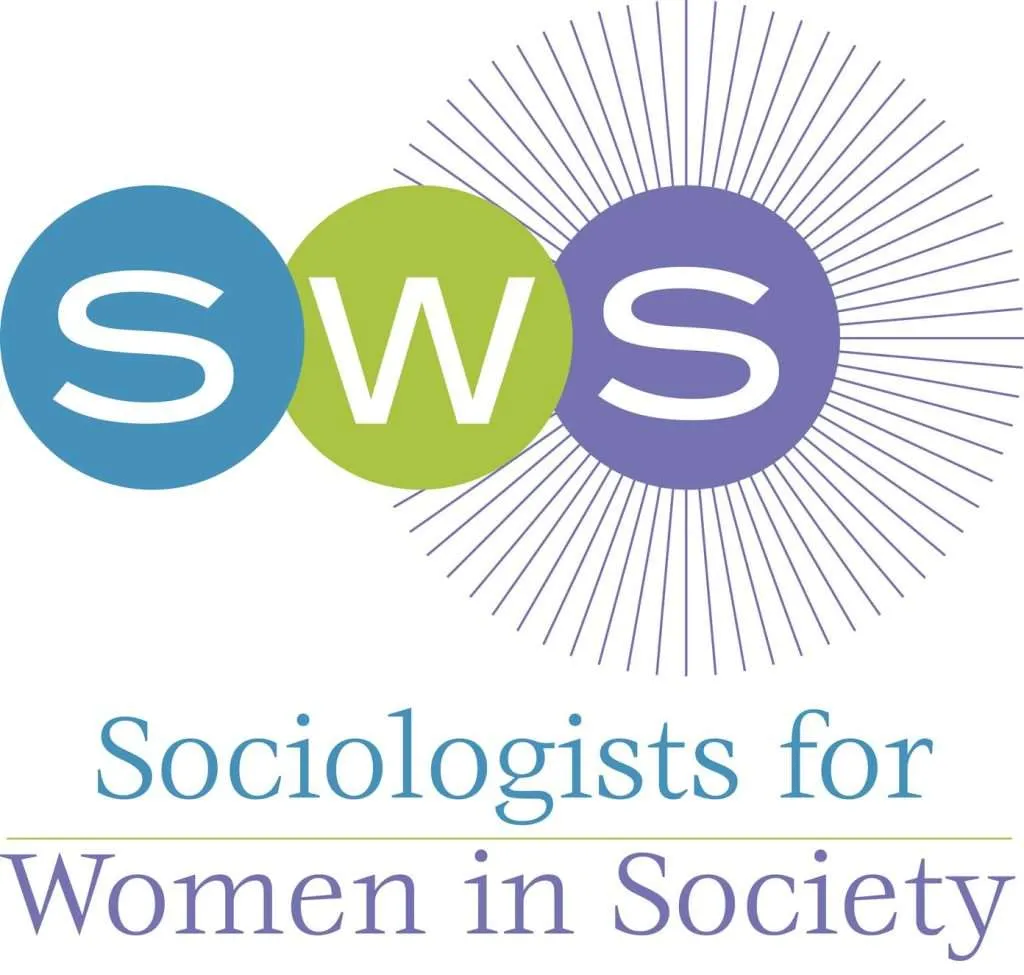
Sociologists for Women in Society is a nonprofit professional feminist organization dedicated to:
- Transforming the academy and professional organizations, including our own, by actively supporting feminist leadership and advancing career development of feminist scholars.
- Recognizing that structural inequalities impact those marginalized by their identities and that this requires proactively promoting the creation of inclusive institutional spaces in an ongoing manner and by practicing critical reflexivity.
- Advocating and encouraging the development of sociological feminist theory rooted in intersectionality and cutting-edge research for publication and dissemination.
- Promoting social justice research within local, national, and international activist spaces by supporting scholar-activist communities seeking to dismantle intersecting systems of oppression.

The Center for Equity Education (CFEE), established in 2020 as a 501(c)(3) nonprofit, addresses a gap in expert-led education for organizations, especially those with limited resources. At CFEE, our mission revolves around empowering organizations with comprehensive knowledge on federal and state civil rights, specializing in harassment and discrimination, including sexual harassment.
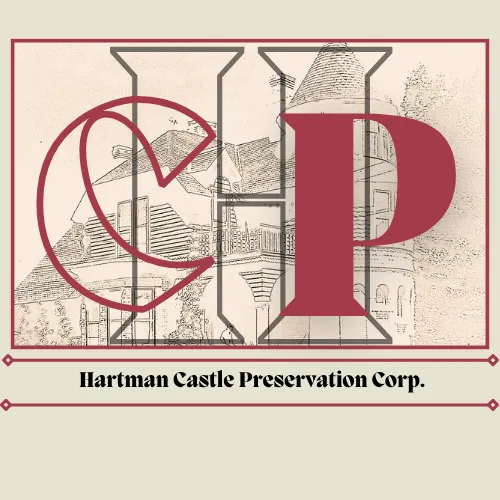
Hartman Castle Preservation Corporation, a 501c3 non-profit, is a A community grassroots movement formed to purchase and preserve the Hartman Castle in Gunnison, CO
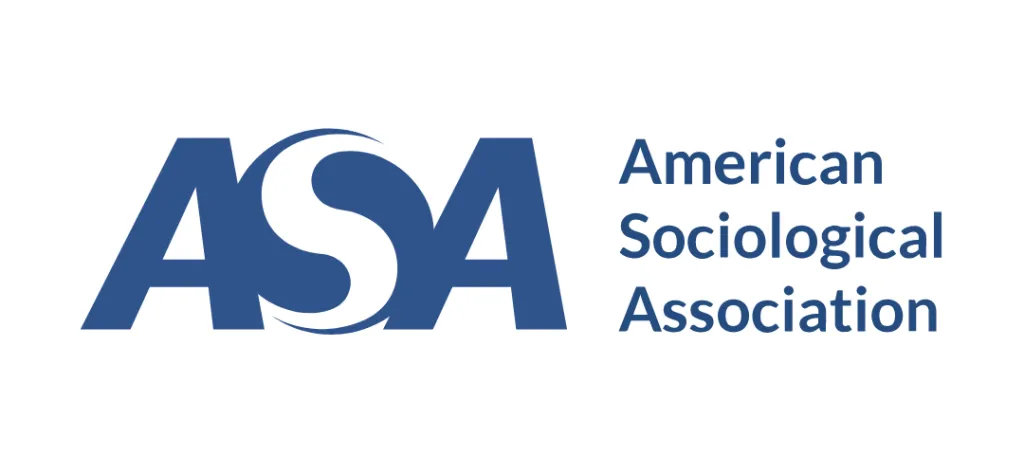
The purpose of the American Sociological Association’s Section on Sociological Practice and Public Sociology is to advance sociologically-informed research and practice, to further public discussion of sociological issues, and to promote the use of sociology to inform public policy.

Island Acres Resort Motel is a restored authentic 1950s lodging property in the style of the tourist court motel. Embracing the appeal of a bygone era, where history blends with hospitality.
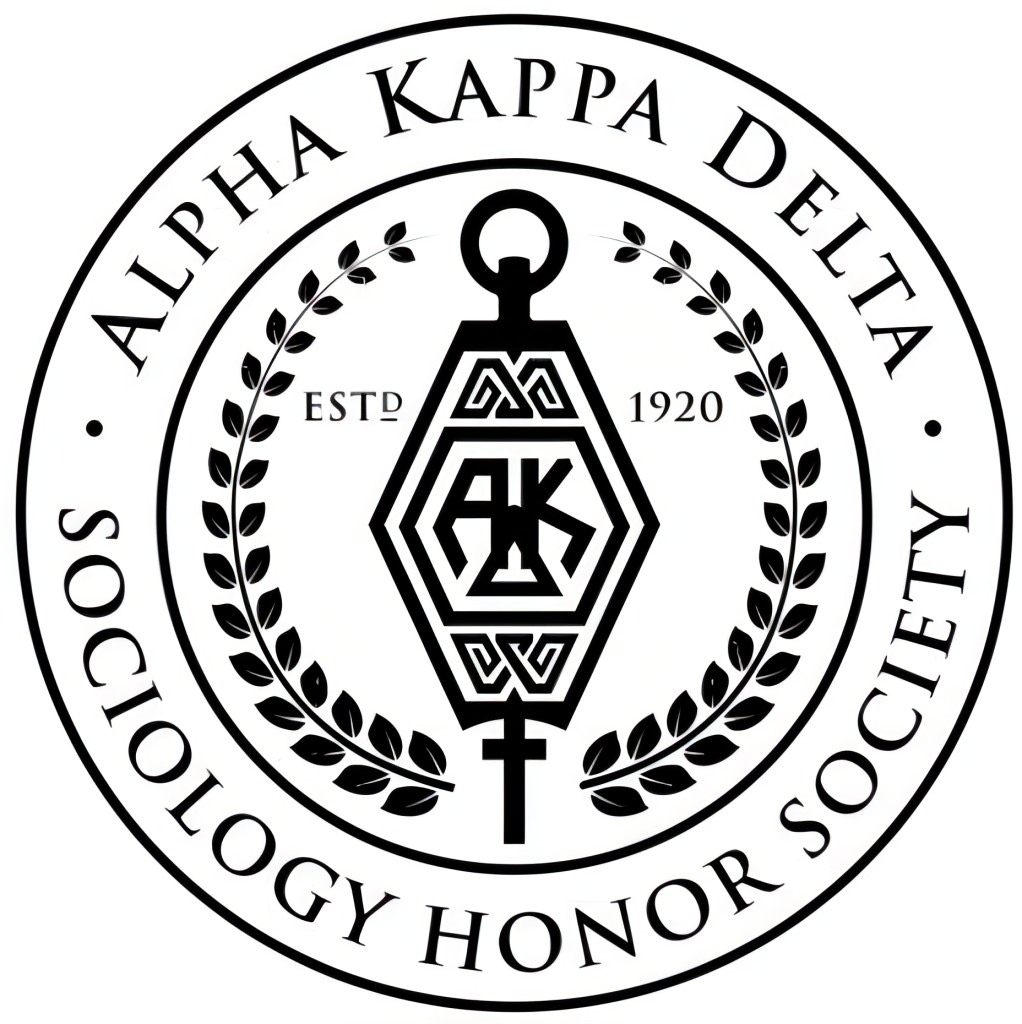
Alpha Kappa Delta, the International Sociology Honor Society, seeks to acknowledge and promote excellence in the scholarship in the study of social problems, sociology, and intellectual activities that lead to the improvement in the human condition.
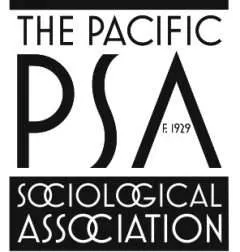
The Pacific Sociological Association is committed to serving sociologists, faculty, applied professionals, and students. We strive to create a professional community that reflects the diversity of our region and enhances the diversity of our discipline. We are committed to inclusivity and equity in our organization, to promoting social justice by examining and challenging the structural and institutional barriers in our discipline, and to building pathways for the next generation of sociologists.

The Association for Applied and Clinical Sociology (AACS) promotes applying social scientific knowledge and methods to develop constructive solutions. We provide educational, programmatic, mentoring, networking, and policy resources in a supportive professional community.


